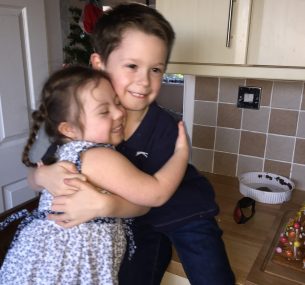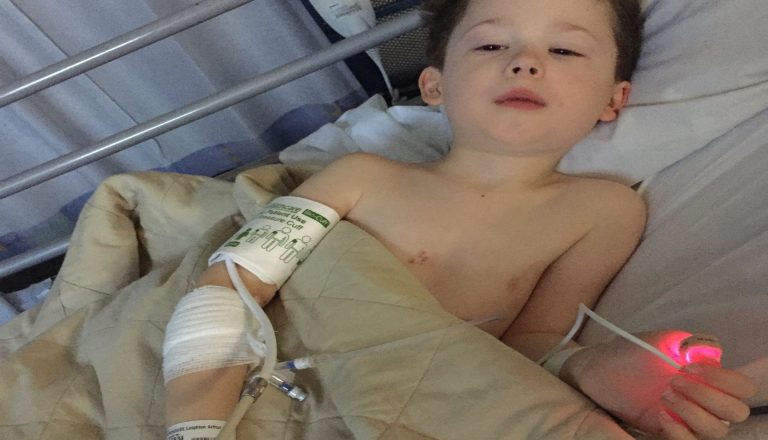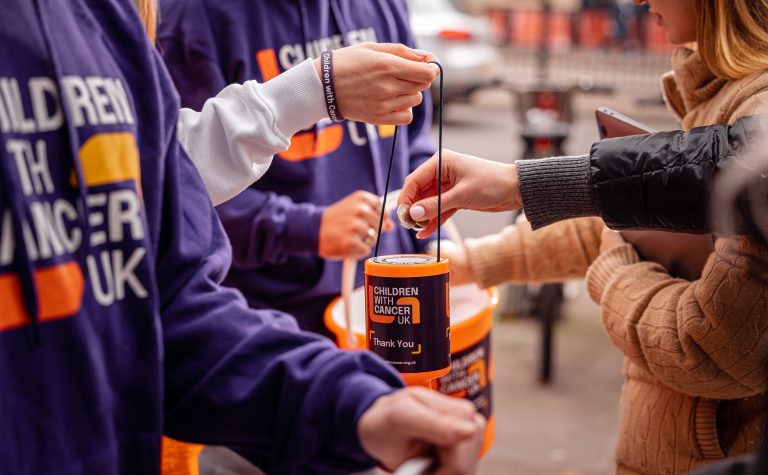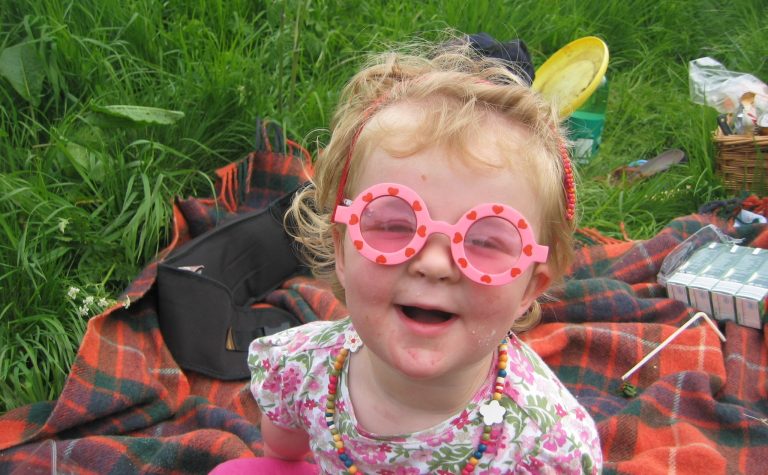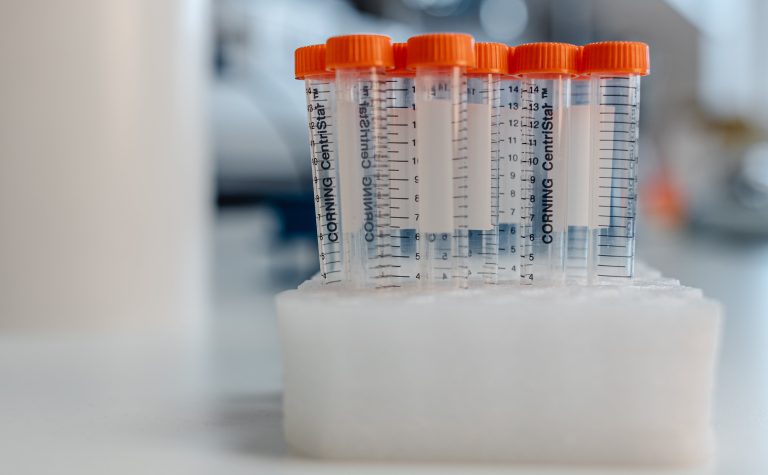12-year-old brain cancer survivor, Leighton Moorhouse from Birstall, West Yorkshire, is championing research into brain tumours and brain cancers as we mark Brain Tumour Awareness Month (BTAM) this March.
In 2019, six-year old Leighton was diagnosed with a large cell anaplastic medulloblastoma and underwent emergency surgery to release pressure on his brain, requiring a further operation two days later to remove the tumour. His surgery left him unable to walk or talk, which meant he had to spend over a month on the neurology ward at Leeds General Infirmary, re-learning these abilities.
Leighton underwent 30 rounds of aggressive radiotherapy and four rounds of chemotherapy to stabilise his condition.
Last year, Leighton was given the all clear after being cancer free for five years. However, the harsh treatment he underwent has left him with long-term side effects, such as high frequency hearing loss, visual impairment, short term memory processing, instability and fatigue.
Leighton hopes that increased research into safer, less harmful treatments will allow more children like him to survive a cancer diagnosis without enduring the challenges he has faced. He said,
It would be really great if they could help kids with brain tumours get better without causing so many problems.
Every month over 30 children* on average (the size of a classroom in the UK) are diagnosed with a brain tumour that will have a life-changing impact on them and their families. Just over half of the children who survive will have neurological disabilities for the rest of their lives. Surgery and treatments such as chemotherapy – which lacks specificity – can destroy healthy cells leading to permanently damaging side effects.
Children with Cancer UK have released a video to raise awareness about brain tumours in children.
Last year, the charity allocated £700,000 to support crucial research into paediatric brain tumours at the University of Cambridge and the University of Nottingham. These projects include looking into better treatments for medulloblastoma – the kind of cancer Leighton had.
Amar Naher, Interim CEO of Children with Cancer UK, said,
Paediatric brain tumours rank second to leukaemia in terms of overall cancer incidence in children.
By investing in research, we are able to uncover new insights into treating even the most challenging forms of cancer. The goal is to increase survival rates while minimising the risks and long-term effects of treatment.
Join us in raising awareness of brain tumours and the need for continued research into how it affects children and young people. Life-saving research can lead to better treatments and outcomes for young patients, making a significant difference for children like Leighton.
Leighton is one of the eight cancer survivors featured in Children with Cancer UK’s documentary ‘Kids Like Us’, which follows the extraordinary lives of these remarkable young people who are facing the unimaginable: living with cancer. The childhood cancer charity created the film with the hope of changing the way paediatric cancer, and the issues that surround it, are viewed. You can watch Leighton’s story in the ‘Kids Like Us’ documentary, which is available to stream on Sky and NowTV.
*Statistic calculated based on figures provided by Cancer Research UK
About Children with Cancer UK:
Children with Cancer UK is the leading children’s cancer charity in the UK. Our vision is a world where every child and young person survives their cancer diagnosis. Our mission is to improve survival rates and the quality of survival in young patients, and to find ways to prevent cancer in the future. We are dedicated to raising and investing funds into vital research that helps us understand childhood cancers and improves treatments. We support families as they navigate treatment and life beyond cancer. What began as a small memorial charity in 1988, has evolved into a leading childhood cancer charity raising more than £300 million and investing in over 300 pioneering research projects.
Press Enquiries:
For all press enquiries, please email media@childrenwithcancer.org.uk or call 0800 222 9000 and ask for the media team.
